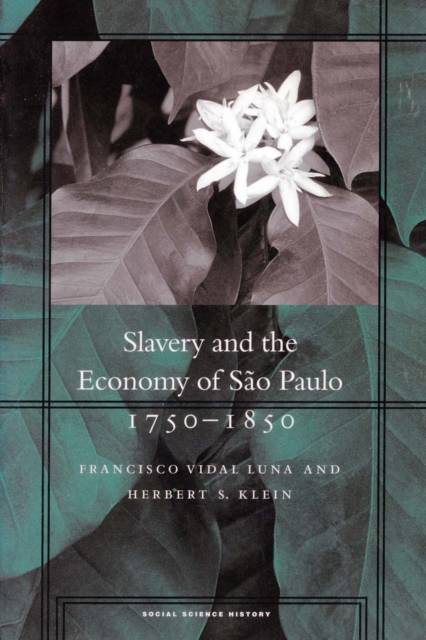
- Retrait gratuit dans votre magasin Club
- 7.000.000 titres dans notre catalogue
- Payer en toute sécurité
- Toujours un magasin près de chez vous
- Retrait gratuit dans votre magasin Club
- 7.000.0000 titres dans notre catalogue
- Payer en toute sécurité
- Toujours un magasin près de chez vous
Description
Today the Brazilian state of São Paulo is one of the world's most advanced agricultural, industrial, and urbanized regions. Its historical evolution, however, is poorly understood. Most scholarly attention has been paid to the period after 1850, when coffee rose to economic dominance, or to the period since 1880, when large-scale European immigration turned the city of São Paulo into one of the largest metropolises in the world.
This book thus provides the first comprehensive portrait of the economy and people of São Paulo during the critical transition from the traditional eighteenth-century colonial world to the modernizing world of the nineteenth century.
The result is a major rethinking of the history of early slavery in Brazil--it shows that, contrary to previous beliefs, slavery was as deeply entrenched and exploited in São Paulo as elsewhere in Brazil, and that the state's early economic growth (as the world's leading coffee-producing region after 1850) was made possible by an expanding African slave labor force. This raises many questions about São Paulo's supposed "exceptionalism" and challenges the standard account of the state's economic history, which has been strongly shaped by ideas of path dependence.
In addition to studying the slave-owning class, the authors investigate the economic role of free whites and colored who did not own slaves, and compare São Paulo's slave society and economy with other such regions in the Americas.
Spécifications
Parties prenantes
- Auteur(s) :
- Editeur:
Contenu
- Nombre de pages :
- 288
- Langue:
- Anglais
- Collection :
Caractéristiques
- EAN:
- 9780804748599
- Date de parution :
- 25-06-03
- Format:
- Livre broché
- Format numérique:
- Trade paperback (VS)
- Dimensions :
- 161 mm x 227 mm
- Poids :
- 385 g

Les avis
Nous publions uniquement les avis qui respectent les conditions requises. Consultez nos conditions pour les avis.






